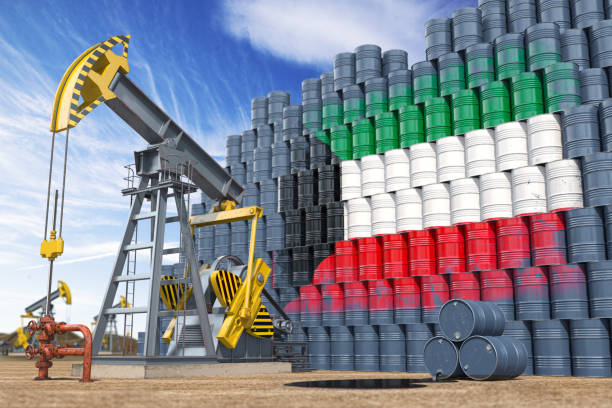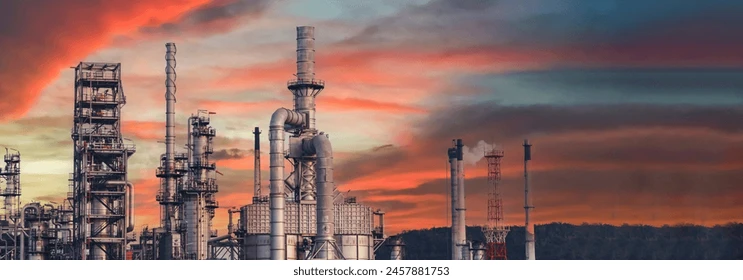Kuwait City, Kuwait – Kuwait has secured the 7th position in the global ranking of countries with the cheapest gasoline prices, according to a recent energy market report. The ranking highlights the nation’s abundant oil resources and government subsidies that keep fuel costs significantly lower compared to many other countries.
A Look at Global Fuel Prices
The global ranking of fuel prices is largely influenced by factors such as crude oil production, government taxation policies, and subsidies. Countries that produce large amounts of crude oil domestically tend to have lower gasoline prices, especially when the government provides financial support to keep fuel affordable for citizens.
According to the latest data, the top-ranking countries with the lowest gasoline prices include Venezuela, Iran, Libya, and Algeria. Kuwait, one of the world’s leading oil-producing nations, has consistently maintained affordable fuel prices due to its vast petroleum reserves and state-sponsored pricing policies.

Why Is Gasoline So Cheap in Kuwait?
Kuwait’s position as a major oil exporter allows it to maintain some of the lowest gasoline prices globally. Several key factors contribute to these low prices:
Al-Zour Refinery (ZOR)
- Capacity: ~615,000 barrels per day (bpd)
- Status: Fully operational since 2022
- Description: One of the world’s largest refineries, Al-Zour is part of Kuwait’s plans to boost its refining capacity. It focuses on producing low-sulfur fuel for export and local power generation.
2. Mina Al-Ahmadi Refinery (MAA)
- Capacity: ~466,000 bpd
- Status: Operational
- Description: One of Kuwait’s oldest and most important refineries, handling crude oil processing and various petroleum products, including jet fuel and diesel.
3. Mina Abdullah Refinery (MAB)
- Capacity: ~454,000 bpd
- Status: Operational
- Description: A complex refinery with hydrocracking and desulfurization units. It is part of the Clean Fuels Project (CFP), which aims to modernize Kuwait’s refining sector.
4. Shuaiba Refinery (Closed)
- Capacity: ~200,000 bpd (before closure)
- Status: Decommissioned in 2017
- Description: Previously an important refinery, but shut down as part of Kuwait’s strategy to upgrade and consolidate refining operations.
Clean Fuels Project (CFP)
Kuwait’s Clean Fuels Project is a major initiative to upgrade and modernize the Mina Al-Ahmadi and Mina Abdullah refineries, increasing their capacity and improving environmental standards.
- Subsidized Fuel Costs: The Kuwaiti government subsidizes gasoline prices to keep them affordable for residents.
- Abundant Oil Reserves: As one of the world’s top crude oil producers, Kuwait benefits from low extraction and refining costs.
- Minimal Taxation: Unlike many Western nations, Kuwait imposes little to no tax on gasoline, ensuring lower consumer prices.
- State-Controlled Pricing: The government regulates fuel prices, preventing significant fluctuations that could affect citizens and businesses.
Comparison with Other Countries
While Kuwait enjoys one of the lowest fuel prices, other nations face significantly higher costs due to various economic and political factors. In Europe, for example, gasoline prices are among the highest due to heavy taxation and environmental policies aimed at reducing carbon emissions.
A liter of gasoline in Kuwait costs far less than in countries like the United Kingdom, Germany, or the Netherlands, where high fuel taxes and import costs drive prices upward. Even in neighboring Gulf countries such as the United Arab Emirates and Saudi Arabia, gasoline prices tend to be higher than in Kuwait due to different subsidy policies and economic considerations.
Economic Impact of Low Gasoline Prices
Low fuel prices in Kuwait have several economic implications:
- Boost to Local Economy: Affordable gasoline encourages higher consumption, benefiting businesses reliant on transportation.
- Lower Cost of Living: Cheap fuel reduces transportation expenses, indirectly keeping the prices of goods and services stable.
- Increased Vehicle Ownership: With low fuel costs, more residents can afford to own and operate personal vehicles, contributing to higher car sales.
- Challenges in Sustainability: While low prices benefit consumers, they may discourage investments in renewable energy and sustainable transportation solutions.
Potential Challenges and Future Outlook
Despite the advantages of low gasoline prices, Kuwait faces challenges related to long-term sustainability. The government has been under pressure to reform subsidy policies due to budget constraints and global calls for reducing carbon emissions. While fuel subsidies have helped maintain economic stability, they also place a financial burden on state resources.
To address these concerns, Kuwait has explored initiatives such as:
- Diversifying Energy Sources: Investments in solar and renewable energy to reduce dependence on fossil fuels.
- Gradual Subsidy Reduction: A phased approach to reducing fuel subsidies while ensuring minimal economic disruption.
- Encouraging Public Transport: Expanding public transportation infrastructure to reduce reliance on private vehicles.
Conclusion
Kuwait’s ranking as the 7th country with the cheapest gasoline prices underscores its strategic advantage as a major oil producer. While the benefits of low fuel costs are evident in daily life and economic activities, the government must balance affordability with long-term sustainability. As global energy trends shift toward renewables, Kuwait will need to adapt its policies to ensure economic resilience while maintaining its competitive edge in the oil market.
Do follow on Instagram
Also Read: “Kuwait: The Glittering ‘Hollywood of the Gulf’ Shines with Unmatched Creativity and Innovation!”



